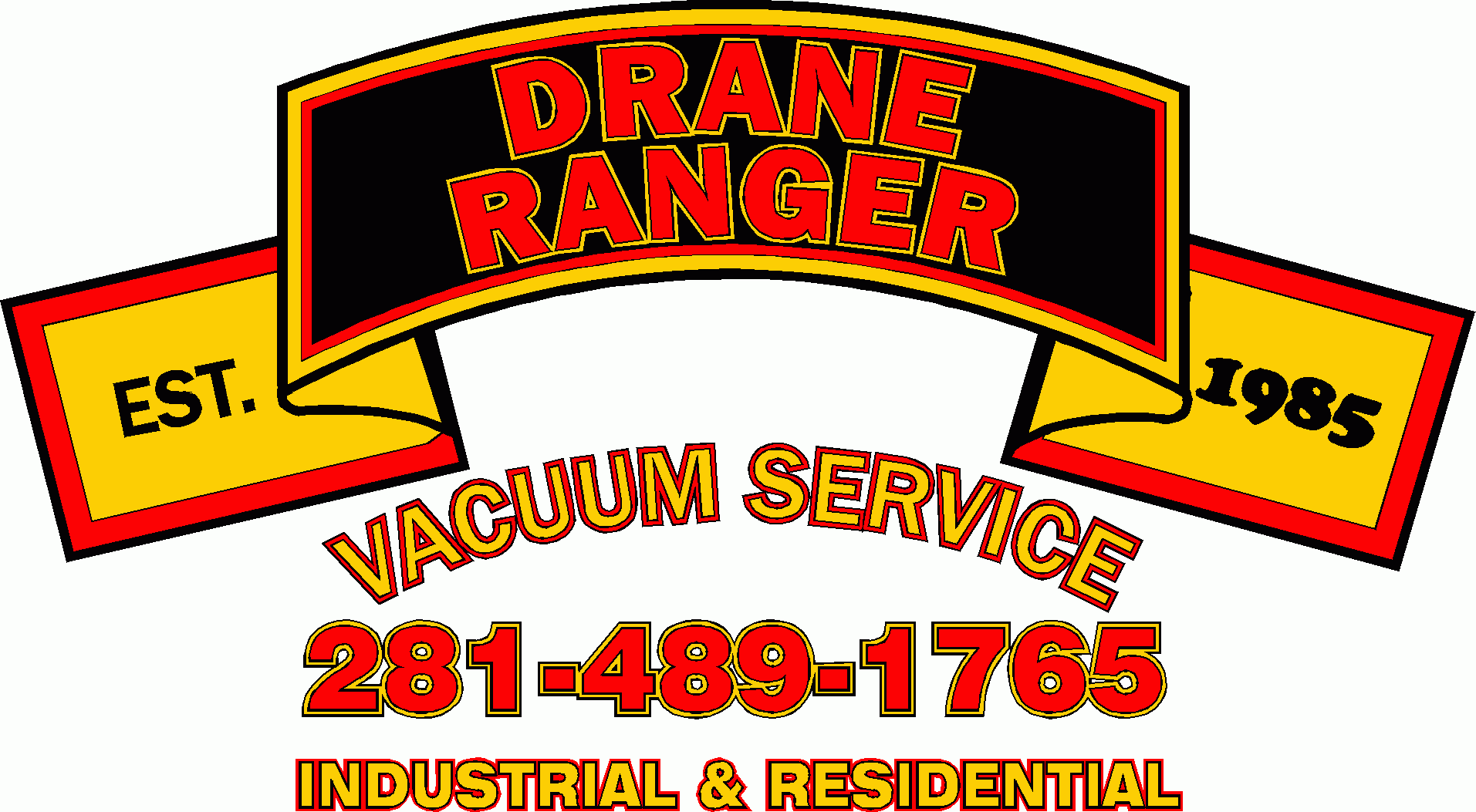In need of septic tank maintenance? If your residential or commercial property is not connected to the main city sewer system, your property probably operates with a septic system. Septic systems work by separating the solid and liquid waste and breaking it down in a safe manner. While it sounds kind of gross to have that operating under your property, the alternative is that it has nowhere to properly drain and ends up on your lawn. It’s probably in your best interest to keep this system functioning properly for as long as possible. Here are some small things you can do that will help your septic system last as long as possible.
Your Toilet Isn’t A Trash Can
Remember that your pipes, storage, and drainage systems have to handle anything that you throw down there. The only things that should go down your toilet drains are human waste, liquids, and toilet paper. Flushing things like diapers, hair clogs from a drain, cat litter, paper towels, or other personal hygiene items is a great way to fast-track your need to call someone in for septic tank maintenance. Remember as well that your septic system is not involved with the municipal sewer systems, so even if an abnormal product advertises itself as “flushable,” that may be defined by local municipal testing standards, not on your own property’s system.
Know Where Your System Is
Even in the city, tree roots can cause blockages in drainage and sewer piping. Keep in mind where your septic system is and where the piping runs and do your best to keep trees away from your pipes. It will be cheaper to dig out and kill a tree in your yard than dig up and repair your entire system later. Regular septic tank maintenance can include a service that checks your pipes and removes roots (through either blades or a chemical solution) so if this is a concern, contact a professional once a year or as required.
Don’t Dump Chemicals
Chemical cleaners and bleaches can kill bacteria in your home, but when you dump them down the drain, they also continue to kill bacteria in your septic system. This might sound like a good thing, but there are good bacteria in your septic system that is breaking down solid waste safely. Killing that good bacteria is a very easy way for that solid waste to build up. Things like gasoline, oils, antifreeze, and paint thinners are other common items that are really not good for your septic system; exposure to these often requires septic tank maintenance to get your system functioning properly again.
Keep an Eye Out
Pay attention to any strange smells from your drains in your home. Smells like sulphur or a rotten egg can indicate problems. Watch out for puddles of standing water near your septic tank. Water backups in your sewer drains or washing machines or a gurgling sound in your drains after a toilet flush can all be indicators of a problem. It’s best to call a septic tank maintenance company sooner rather than later because responsible maintenance is always cheaper than replacing a full system. Click here or follow this link for more details.
